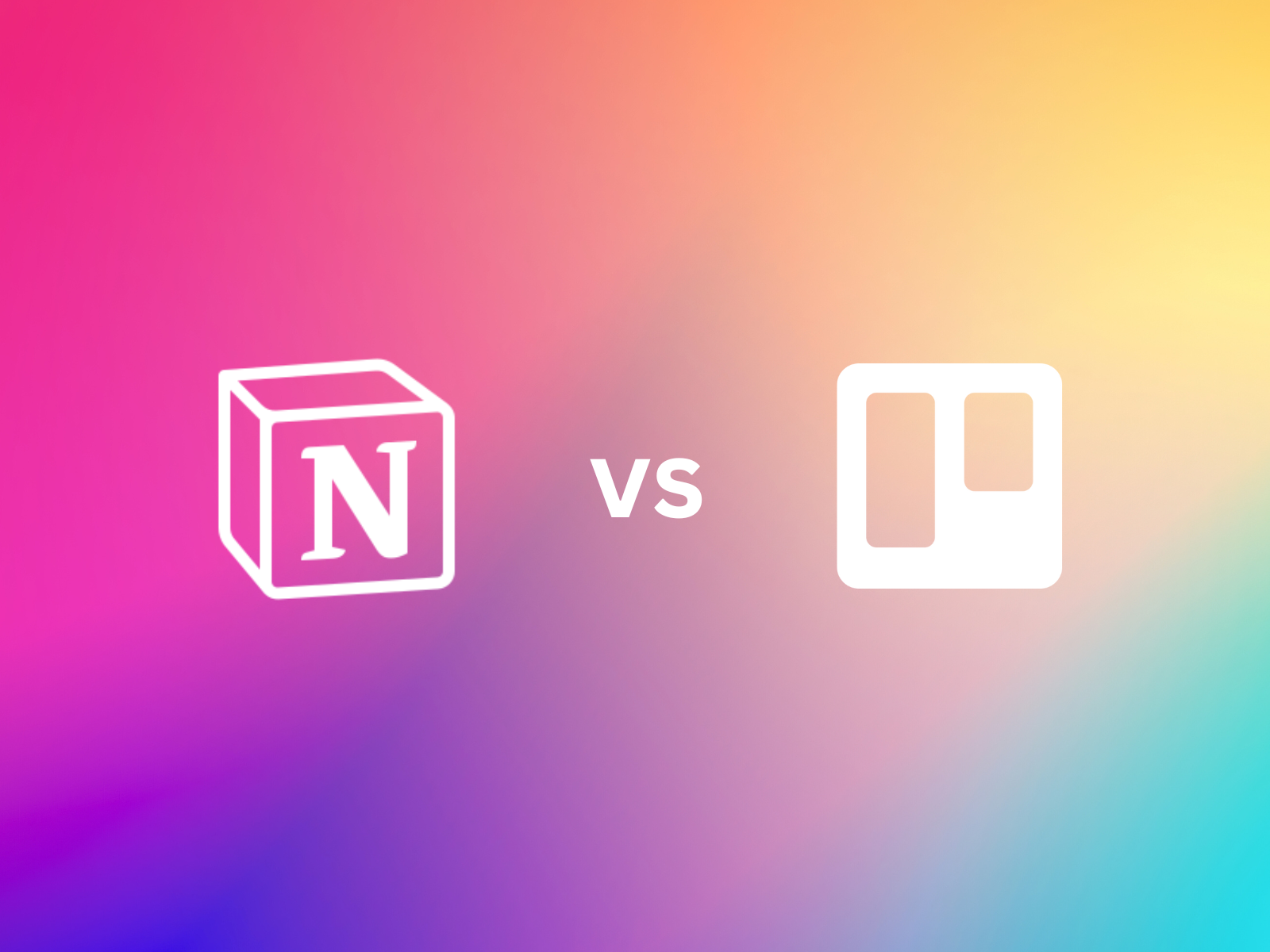Choosing the right productivity tool can make or break your workflow. If you’re a business owner trying to stay organized, collaborate with your team, and grow efficiently, you’ve likely come across Notion and Trello—two of the most popular project management tools today. But which one is better for your business?
Let’s break it down by key factors:
1. Ease of Use
Trello is incredibly user-friendly with its drag-and-drop Kanban boards. It’s perfect if you’re new to project management tools or need something simple and visual to get started.
Notion, on the other hand, has a steeper learning curve but offers far more flexibility. Once you learn it, you can build almost anything—from content calendars to CRM systems.
Verdict: Trello wins on simplicity. Notion wins on customizability.
2. Features and Flexibility
Trello is mainly task-focused. Its power-ups (integrations) enhance functionality, but you’re still working within a fairly rigid structure.
Notion is more of an all-in-one workspace. You can create databases, pages, templates, wikis, and more. It’s ideal if you want to centralize your business operations in one tool.
Verdict: Notion offers more flexibility and depth.
3. Collaboration
Trello allows multiple team members to work on boards and assign tasks. It’s great for small teams managing simple projects.
Notion allows real-time collaboration and comment threads on any block of content, making it ideal for deeper, cross-functional teamwork.
Verdict: Both are great, but Notion supports more complex collaboration.
4. Pricing
Both offer free versions with solid functionality.
- Trello’s free plan is generous and likely enough for many small teams.
- Notion’s free plan includes unlimited pages and blocks, and now allows for team collaboration.
Premium plans start around the same price, but you get more versatility with Notion.
Verdict: For value, Notion slightly edges out—if you’re willing to learn it.
5. Templates and Use Cases
Trello has pre-built templates for project management, sales pipelines, and product development. It’s plug-and-play.
Notion has a massive template community. You can find or build templates for virtually anything—business dashboards, client portals, SOPs, etc.
Verdict: Notion has more use cases for business owners who want everything in one place.
Final Verdict: Which Is Better?
- Choose Trello if you want something visual, easy to start, and primarily need task management.
- Choose Notion if you’re building a scalable system for content, team management, strategy, and operations—all in one tool.
If you have the time to learn, Notion is the long-term winner for business owners. But if speed and simplicity are your priority, Trello will do the job.
Looking to streamline your entire online business? Check out this post on Essential Tools to Run Your Online Business.
Let me know—what are you currently using, and why?







